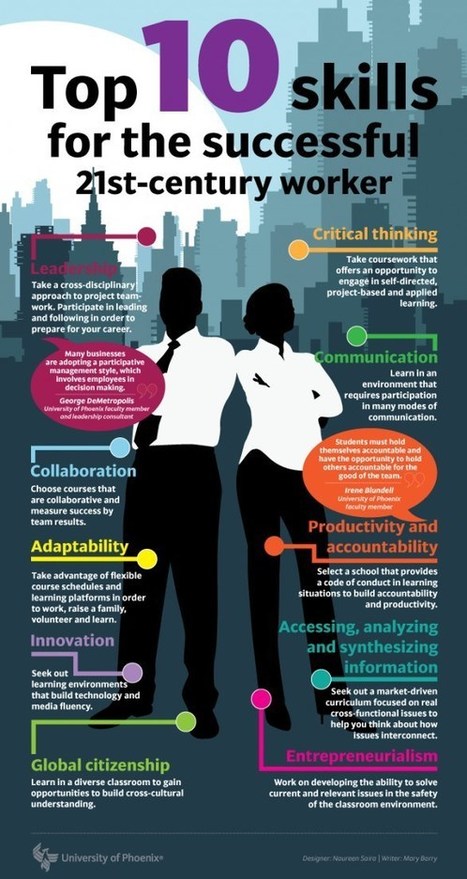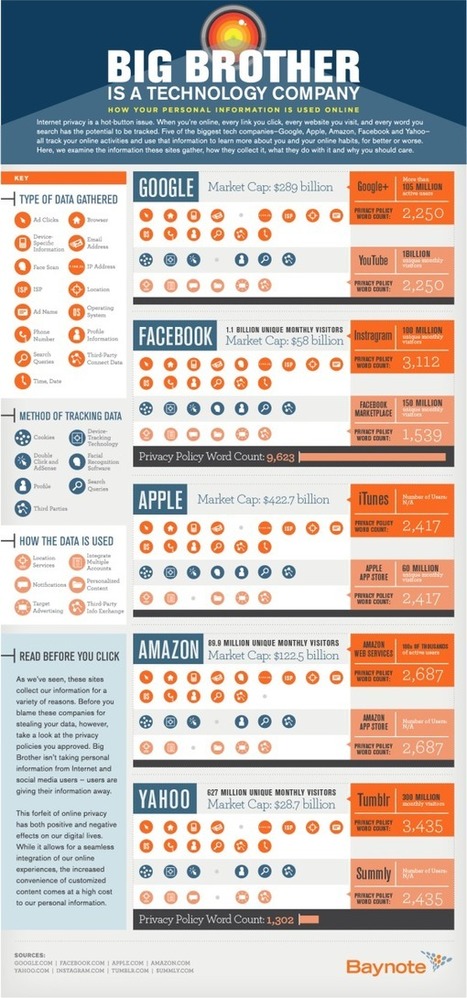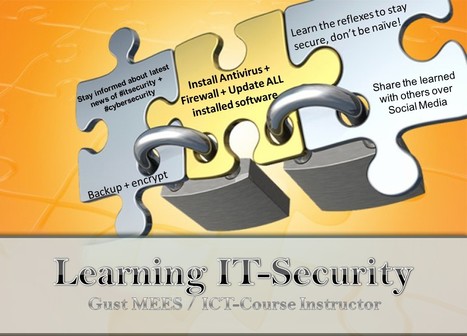5. Digital Etiquette: electronic standards of conduct or procedure.
Technology users often see this area as one of the most pressing problems when dealing with Digital Citizenship. We recognize inappropriate behavior when we see it, but before people use technology they do not learn digital etiquette (i.e., appropriate conduct). Many people feel uncomfortable talking to others about their digital etiquette. Often rules and regulations are created or the technology is simply banned to stop inappropriate use. It is not enough to create rules and policy, we must teach everyone to become responsible digital citizens in this new society.
6. Digital Law: electronic responsibility for actions and deeds
Digital law deals with the ethics of technology within a society. Unethical use manifests itself in form of theft and/or crime. Ethical use manifests itself in the form of abiding by the laws of society. Users need to understand that stealing or causing damage to other people’s work, identity, or property online is a crime. There are certain rules of society that users need to be aware in a ethical society. These laws apply to anyone who works or plays online. Hacking into others information, downloading illegal music, plagiarizing, creating destructive worms, viruses or creating Trojan Horses, sending spam, or stealing anyone’s identify or property is unethical.
7. Digital Rights & Responsibilities: those freedoms extended to everyone in a digital world.
Just as in the American Constitution where there is a Bill of Rights, there is a basic set of rights extended to every digital citizen. Digital citizens have the right to privacy, free speech, etc. Basic digital rights must be addressed, discussed, and understood in the digital world. With these rights also come responsibilities as well. Users must help define how the technology is to be used in an appropriate manner. In a digital society these two areas must work together for everyone to be productive.
8. Digital Health & Wellness: physical and psychological well-being in a digital technology world.
Eye safety, repetitive stress syndrome, and sound ergonomic practices are issues that need to be addressed in a new technological world. Beyond the physical issues are those of the psychological issues that are becoming more prevalent such as Internet addiction. Users need to be taught that there are inherent dangers of technology. Digital Citizenship includes a culture where technology users are taught how to protect themselves through education and training.
9. Digital Security (self-protection): electronic precautions to guarantee safety.
In any society, there are individuals who steal, deface, or disrupt other people. The same is true for the digital community. It is not enough to trust other members in the community for our own safety. In our own homes, we put locks on our doors and fire alarms in our houses to provide some level of protection. The same must be true for the digital security. We need to have virus protection, backups of data, and surge control of our equipment. As responsible citizens, we must protect our information from outside forces that might cause disruption or harm.
Read the complete article here:
- http://digitalcitizenship.net/Nine_Elements.html
Learn more:
- http://www.scoop.it/t/21st-century-learning-and-teaching/?tag=eCitizen
- http://gustmees.wordpress.com/2014/09/06/digital-citizenship-internet-safety-and-cyber-security-advisory-board-run-by-students/
- http://www.scoop.it/t/21st-century-learning-and-teaching/?tag=Empathy
Via
Gust MEES



 Your new post is loading...
Your new post is loading...






















21st Century EDUcation is LEARNing To LEARN for Life-Long LEARNing In a world where WE have to deal with "RealWorld" AND "VirtualWorld" (internet) and where both are influencing each other on an incredible, nearly impossible way of following, MOST people, especially in EDUcation get stuck!
21st Century EDUcation is LEARNing To LEARN for Life-Long LEARNing In a world where WE have to deal with "RealWorld" AND "VirtualWorld" (internet) and where both are influencing each other on an incredible, nearly impossible way of following, MOST people, especially in EDUcation get stuck!
Amen